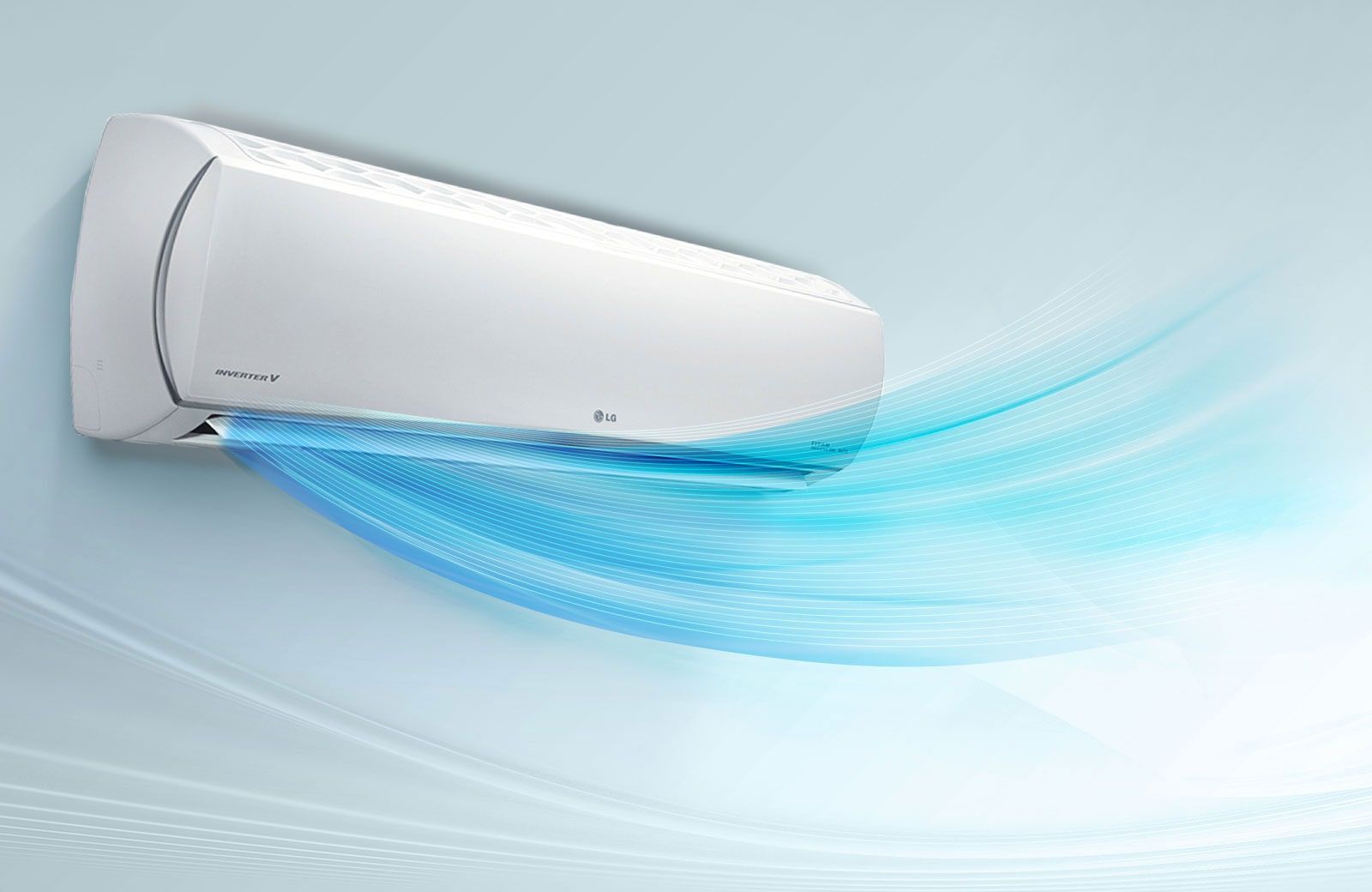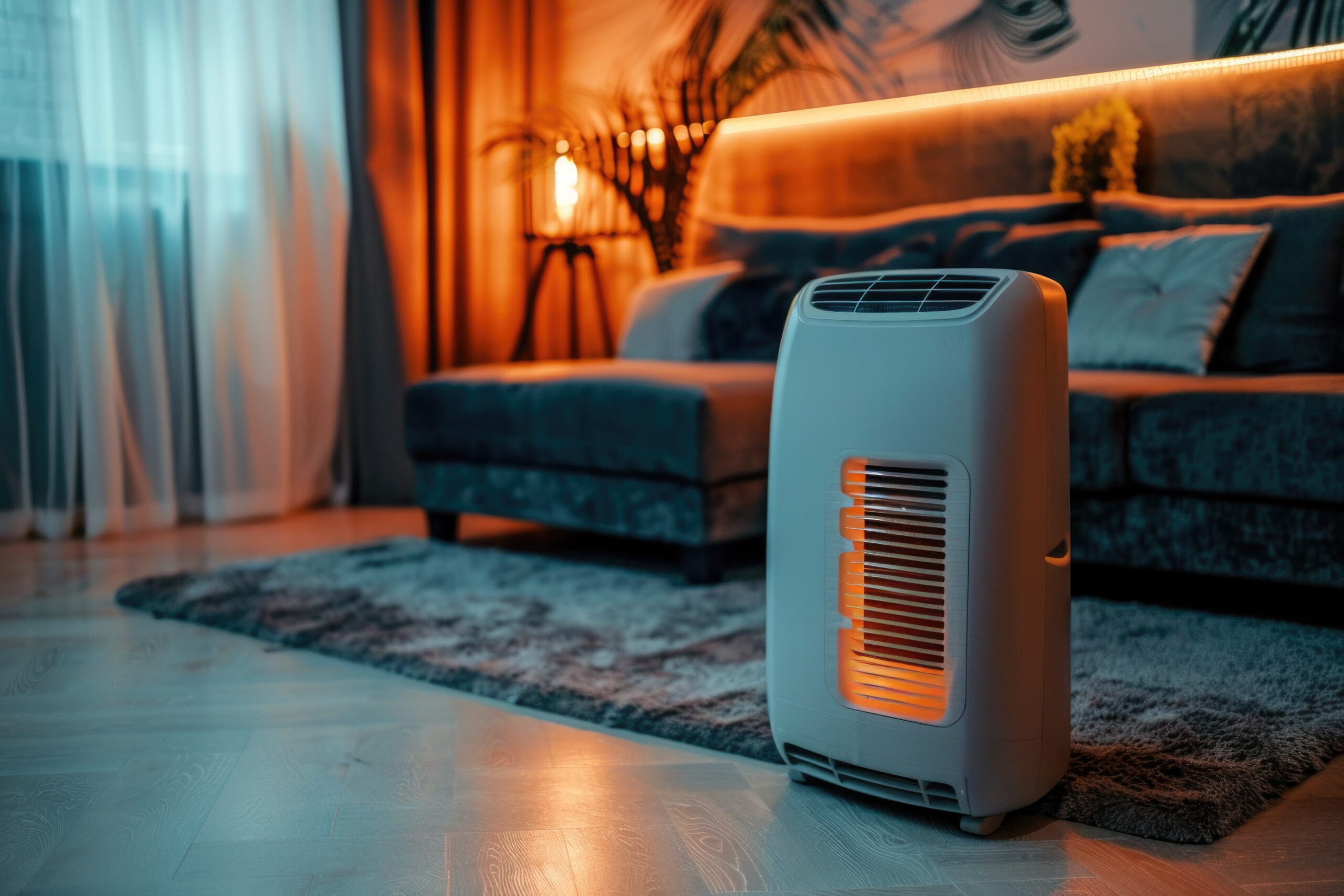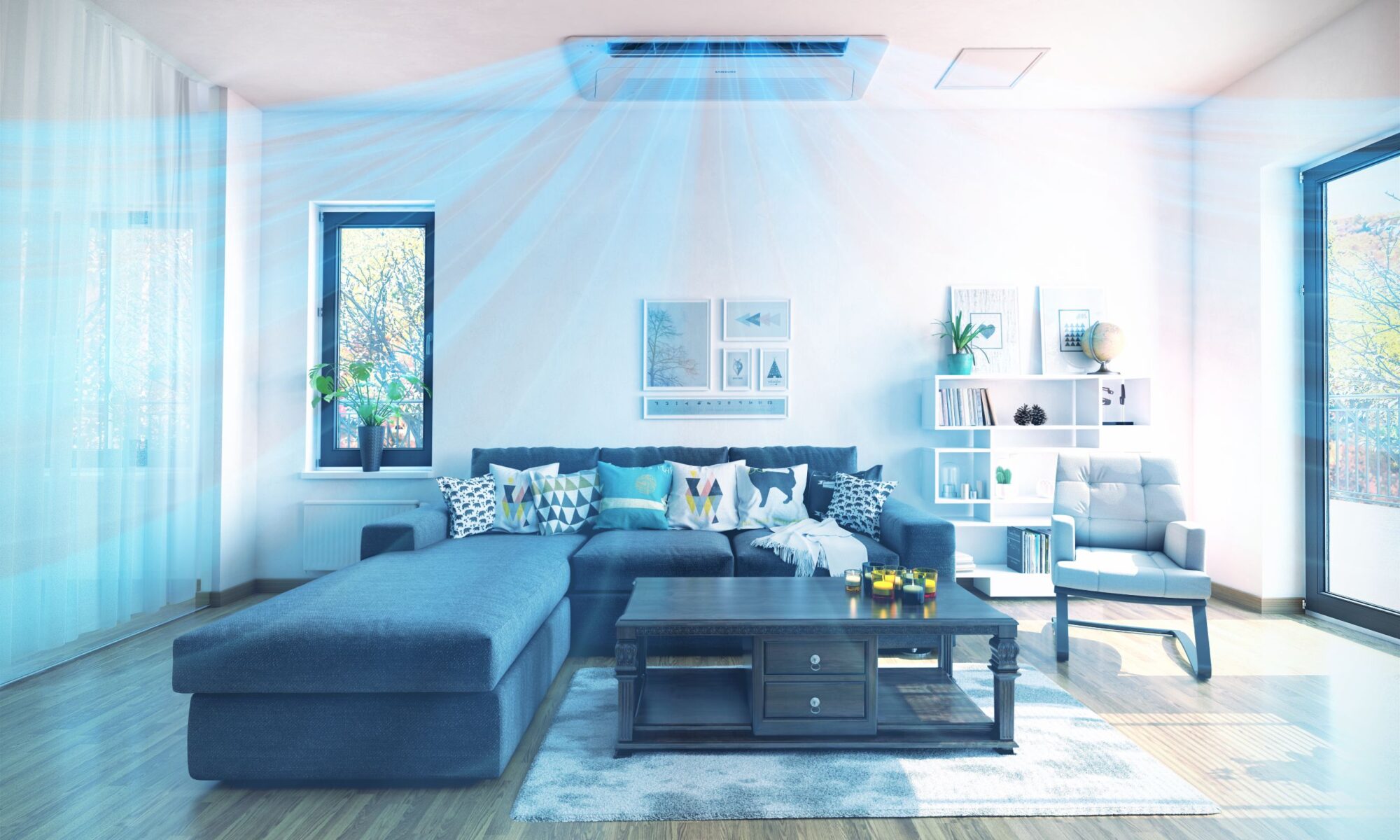In hot and humid climates like Singapore, creating a comfortable indoor environment is crucial. Aircons and dehumidifiers are two popular appliances that help manage temperature and humidity. While both improve indoor comfort, they work in different ways and offer unique benefits. If you’re unsure which is right for you, this guide will help you understand the advantages of each, so you can make an informed choice.

Aircon
Aircons are a staple in Singaporean homes, offices, and commercial spaces. They work by removing heat from indoor air and releasing it outside, making the indoor space cooler and more comfortable. During this process, aircons also reduce humidity, which is why they are popular in high-humidity climates.
Key Features and Benefits of Aircons
| Effective Cooling | Aircons are designed to quickly lower room temperature, providing instant relief from heat. They are especially useful during Singapore’s hottest months, where indoor temperatures can soar. Aircons allow you to set and maintain a desired temperature, ensuring consistent cooling throughout the day or night. |
| Humidity Control | By reducing indoor humidity, aircons make rooms feel cooler and more comfortable. High humidity can make even moderate temperatures feel oppressive, and excess moisture can lead to mold, mildew, and unpleasant odors. Aircons address this by dehumidifying the air, which also helps protect furniture and electronics from moisture damage. |
| Air Filtration | Modern aircons often come with built-in air filters that trap dust, pollen, and other allergens. This can significantly improve indoor air quality, making aircons a good choice for individuals with respiratory issues or allergies. Clean filters ensure that the air circulating in your home is free from harmful particles, promoting a healthier living environment. |
| Energy Efficiency | While aircons have a reputation for being energy-intensive, many newer models are designed with energy-saving features. Inverter technology, for example, adjusts the compressor speed based on the temperature, reducing energy consumption. Additionally, programmable thermostats allow users to control cooling times, further improving energy efficiency. |

Dehumidifier
Dehumidifiers are appliances designed specifically to reduce humidity levels in indoor spaces by extracting excess moisture from the air. Unlike aircons, dehumidifiers do not cool the air but focus solely on — you guessed it — dehumidification. They operate by drawing humid air into the unit, where it passes over cooling coils that condense moisture, which is then collected and drained or emptied from the appliance.
Key Features and Benefits of Dehumidifier
| Targeted Humidity Control | Dehumidifiers are designed to regulate humidity levels, making them ideal for spaces like bathrooms, kitchens, or basements, where moisture buildup is common. By controlling humidity, dehumidifiers prevent mold growth and reduce musty odors, creating a healthier indoor environment. |
| Allergy and Asthma Relief | igh humidity levels can worsen allergies and asthma by promoting the growth of dust mites and mold. Dehumidifiers help alleviate these symptoms by maintaining lower humidity levels, making it harder for allergens to thrive. For people with respiratory conditions, a dehumidifier can provide significant relief. |
| Cost-Effective Operation | Dehumidifiers generally consume less electricity than aircons, making them a cost-effective solution for reducing humidity without cooling. They can run for longer periods without significantly increasing energy bills, which is beneficial for households looking to control costs. |
| Minimal Maintenance Requirements | Dehumidifiers are relatively low-maintenance appliances. Most models have washable filters and removable water tanks that need periodic emptying. Keeping the unit clean and free of dust is usually sufficient to ensure optimal performance. |
Comparing Aircons and Dehumidifiers
While aircons and dehumidifiers both contribute to a comfortable indoor environment, they achieve this in different ways. Here are some key factors to consider when deciding which appliance suits your needs:
| Aircon | Dehumidifier | |
| Primary Function | Ideal for cooling spaces and managing humidity. Suitable for rooms where temperature control is the main priority. | Focuses solely on humidity control. Ideal for spaces where moisture management is needed without cooling, such as bathrooms or basements. |
| Climate Considerations | In Singapore’s tropical climate, aircons are popular because they provide both cooling and dehumidification. | Dehumidifiers are useful during the rainy season when humidity levels are especially high, but cooling is less necessary. |
| Room Size and Usage | More effective in large rooms or open spaces. They can quickly cool large areas, making them suitable for living rooms, bedrooms, or offices. | Best for smaller rooms or spaces with limited airflow. They are portable and can be moved between rooms as needed, making them versatile for specific areas like kitchens or laundry rooms. |
| Energy Efficiency and Cost | Typically consumes more energy, especially if run for extended periods. Energy-saving models are available, but aircons still have higher running costs. | More energy-efficient and cheaper to run. They use less power and can operate continuously without significantly impacting electricity bills. |
| Health Benefits | Improves indoor air quality through filtration and reduces heat-related discomfort, which is crucial in Singapore’s hot climate. | Reduces humidity-related allergens like mold and dust mites, making it beneficial for individuals with allergies or asthma. |
Final Thoughts
The decision ultimately depends on your specific needs and lifestyle. If you are looking for an appliance that provides cooling and dehumidification, an aircon is likely the better choice. Aircons are particularly useful in Singapore, where high temperatures and humidity levels can make indoor environments uncomfortable. On the other hand, if you’re mainly concerned about controlling humidity in certain areas without cooling, a dehumidifier is more practical.
Understanding the differences between aircons and dehumidifiers can help you make an informed choice based on your needs. Aircons provide powerful cooling and humidity control, making them indispensable in hot climates like Singapore. Dehumidifiers, meanwhile, offer targeted moisture management, creating a healthier indoor environment by reducing allergens and preventing mold growth.
Choosing the right appliance depends on your specific needs, room size, and budget. For those who want both cooling and dehumidification, investing in a high-quality aircon is the way to go. If humidity control is your main concern and cooling is not necessary, a dehumidifier can provide effective moisture management at a lower cost.
Using both devices can also enhance comfort and improve air quality, making your home a more pleasant place to be, regardless of Singapore’s tropical climate. When selecting appliances, consider energy-efficient models to minimize environmental impact and reduce electricity bills. Ultimately, investing in the right tools for your home will contribute to a healthier, more comfortable living space for you and your loved ones.
The best choice is to have a combination of both to achieve extreme comfort indoors while controlling the humidity levels for a healthy home for you and your loved ones.



You must be logged in to post a comment.